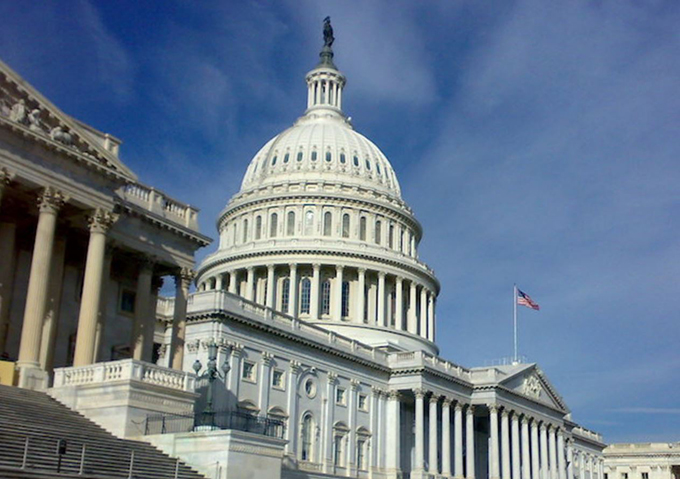
Pacific Media Centre Newsdesk
Joe Biden is almost certain to be the next president of the United States, ushering in a welcome return to engagement with the climate crisis after four years of denial. Great news for the Pacific.
In contrast with Donald Trump’s premature declaration of victory and desperate calls to “stop the count”, Biden is modelling patience, with around 10 percent of ballots still to be tallied.
But he let his confidence in the eventual outcome show with a tweet promising his White House will rejoin the Paris Agreement, 77 days after the official exit of the United States, reports Climate Change News.
- READ MORE: Biden to address US, takes slim lead in Georgia, Pennsylvania
- US networks pull the plug on Trump’s live address due to ‘lies’
- Landslide that wasn’t: What the elections say about America – by Marwan Bishara
- Other Asia Pacific Reports on the US elections
That is the easy part. Much harder will be delivering emissions cuts, after disappointing Senate results for the Democrats.
They could yet scrape a majority — subject to a January run-off in Georgia — but do not have the 60 seats needed to pass a framework climate law.
A Biden administration will have to get creative to submit a credible 2030 climate target to the UN next year, as required under Paris.
Biden made climate change a cornerstone of his vision to recover the American economy from the impacts of covid-19, with a US$2 trillion plan to drive green investments and create jobs, reports Chloé Farand of Climate Change News.
Blue wave never materialised
But the blue wave Democrats hoped for in the Senate has failed to materialise, dampening Biden’s prospects of passing climate legislation.
While Democrats are confident they will retain control of the House of Representatives, the Senate election is down to the wire, with both sides having 48 seats as of Friday.
The contest is so tight, the Senate majority could be determined on January 5 in a hotly contested special election for at least one, and maybe two seats in Georgia.
Today, the Trump Administration officially left the Paris Climate Agreement. And in exactly 77 days, a Biden Administration will rejoin it. https://t.co/L8UJimS6v2
— Joe Biden (@JoeBiden) November 5, 2020
Even with a slim majority in the Senate, Biden would need some Republican support to pass climate legislation. Under US Senate rules, policy changes beyond spending and taxation require at least 60 of the 100 senators to agree to move the issue to a vote.
Bipartisan backing will be required to introduce a clean electricity standard, for example, which would mandate a transition to zero carbon electricity generation by 2035 and help deliver on a campaign promise. So would a carbon pricing mechanism.
“Control of the Senate will have a huge impact on climate policy in the US,” said Jamie Henn, cofounder of US environmental group 350.org.
“There’s little hope for passing sweeping climate legislation if [Republican majority leader] Mitch McConnell keeps his claws on the gavel. There’s a lot the president can do through executive authority, but to really rise to the scale of this crisis, we need the votes in the Senate.”
Without congressional backing, “a sweeping economic regeneration policy… will not happen in the next two years,” said Nathan Hultman, director of the Center for Global Sustainability at the University of Maryland.
“Then we have to look at it as a stage process.”
Republished with permission from Climate Change News.













































